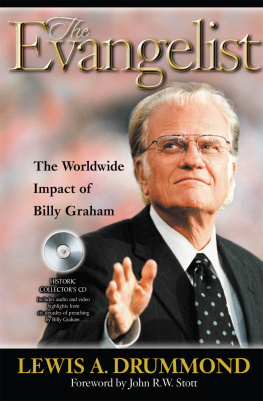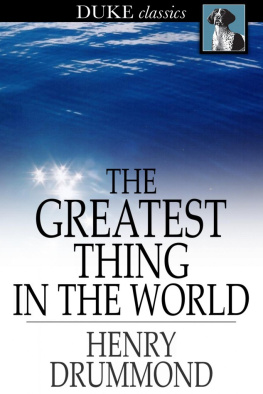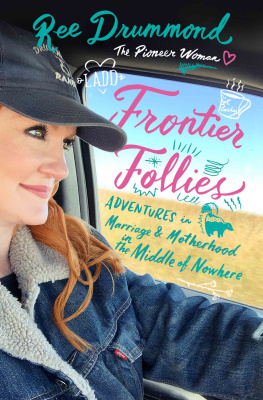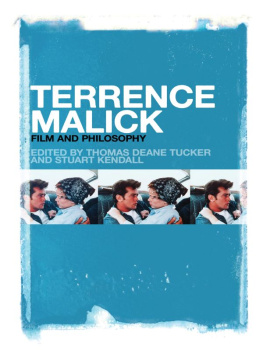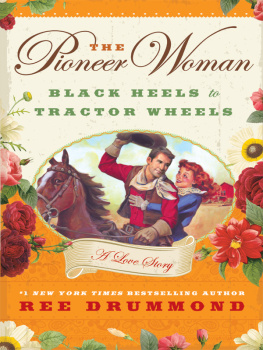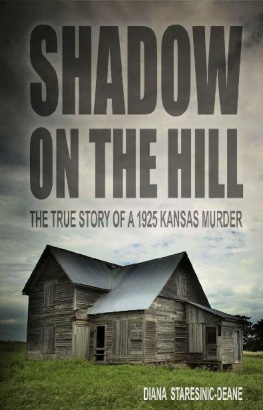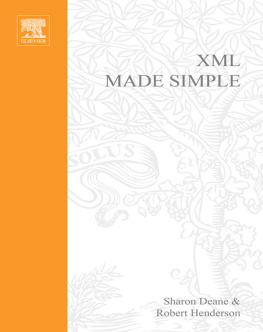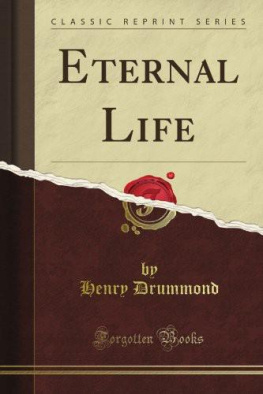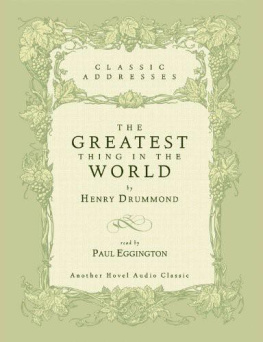A. J. Deane-Drummond - Arrows of Fortune
Here you can read online A. J. Deane-Drummond - Arrows of Fortune full text of the book (entire story) in english for free. Download pdf and epub, get meaning, cover and reviews about this ebook. year: 1992, publisher: Pen & Sword Books, genre: Non-fiction. Description of the work, (preface) as well as reviews are available. Best literature library LitArk.com created for fans of good reading and offers a wide selection of genres:
Romance novel
Science fiction
Adventure
Detective
Science
History
Home and family
Prose
Art
Politics
Computer
Non-fiction
Religion
Business
Children
Humor
Choose a favorite category and find really read worthwhile books. Enjoy immersion in the world of imagination, feel the emotions of the characters or learn something new for yourself, make an fascinating discovery.
- Book:Arrows of Fortune
- Author:
- Publisher:Pen & Sword Books
- Genre:
- Year:1992
- Rating:4 / 5
- Favourites:Add to favourites
- Your mark:
- 80
- 1
- 2
- 3
- 4
- 5
Arrows of Fortune: summary, description and annotation
We offer to read an annotation, description, summary or preface (depends on what the author of the book "Arrows of Fortune" wrote himself). If you haven't found the necessary information about the book — write in the comments, we will try to find it.
Arrows of Fortune — read online for free the complete book (whole text) full work
Below is the text of the book, divided by pages. System saving the place of the last page read, allows you to conveniently read the book "Arrows of Fortune" online for free, without having to search again every time where you left off. Put a bookmark, and you can go to the page where you finished reading at any time.
Font size:
Interval:
Bookmark:
OF FORTUNE

BY
ANTHONY DEANE-DRUMMOND

LONDON
To
Evie, Shirley, Angela, Anna and Celia,
and with the greatest respect and admiration
for all those soldiers and civilians
with whom I have worked
and played.
First published in Great Britain in 1992 by
LEO COOPER
190 Shaftesbury Avenue, London WC2H 8JL
an imprint of
Pen & Sword Books Ltd
47 Church Street, Barnsley, S. Yorks S70 2AS
Anthony Deane-Drummond 1992
A CIP catalogue record for this book is available
from the British Library
ISBN 0 85052 323 0
Typeset by Yorkshire Web, Barnsley, South Yorkshire
in Plantin Roman 10 point
Printed in Great Britain by
Redwood Press Limited
Melksham, Wiltshire
by Major-General John Frost
From the start, which is a description of the first British Parachute operation which had the object of blowing up an aqueduct in Southern Italy and ended disastrously for the participants, to the end, we have a story of a man of the utmost determination and courage.
After an amazing escape from the POW camp in Italy, we find him almost immediately back again with a Parachute unit, where he is involved with helping other British prisoners of war to escape. No sooner is this over than he is back in the thick of things with the Battle of Arnhem, from which he once again manages to make a fantastic escape from being a POW.
Despite fearsome medical setbacks, he is soon again involved with aircraft, to become a British Glider champion and to take command of 44 Parachute Brigade TA. His introduction to this was to be beguiled, by his predecessor, into the This is your Life programme on the BBC. However, it is as commader of the SAS, both in Malaya, where they become the most successful unit in the army, and in Oman where they have to take a major part in quelling a most dangerous rebellion, that he will be best remembered. Later he is selected as deputy commander at Sandhurst and finally to do a stint at the Ministry of Defence in the operations department, where he has to face all the frustrations which meet any active officer in such surroundings. Despite his formidable record, this is his last appointment in the army.
Undeterred, he launched into British industry in the shape of paper making, but, preferring to do his own thing, he was soon in the country again, very successfully supplying much-needed wood-burning stoves. One might regard this as yet another example of a man who was continually turning on the heat.
In all, this is a wonderful account of someone who constantly sets a really fine example. I feel proud and honoured to be asked to write this foreword.
About three-quarters of this book concerns my military service; the rest provide linking chapters and vignettes on gliding, the eight happy years I spent in the paper industry and my subsequent efforts as an entrepreneur exploring many avenues from selling to doing up houses.
My own book Return Ticket, now out of print for many years, was my main source for the wartime years. Raymond Foxhalls book, The Guinea Pigs, also provided some extra background to Operation Colossus, as did the Public Record Office at Kew. Much later on, the more I looked into what happened before Arnhem, the murkier the story became. I am most grateful for the assistance provided by Tony Hibbert who read the chapter and offered useful suggestions. Likewise, Lewis Goldens excellent and well-researched book, Echoes from Arnhem, and personal comment helped a great deal. Richard Moberly (Major-General R. Moberly), Brian Urquhart, Major-General R. Urquhart, Charles Mackenzie and Geoff Norton all wrote letters from which I have drawn in the narrative. Geoff Nortons account of his discussion with Windy (General Sir Richard) Gale was particularly useful and made me look a lot further.
The gliding chapter may bring to life the poetry of soaring flight, the sheer joy of using air currents to keep one aloft. My thanks go out to Rika Harwood and Wally Kahn for their many useful comments.
The chapters on the SAS try to explain a little about their fortitude, their intelligence and self-discipline against a background of fighting peculiarly nasty individuals in Malaya and later on a much better organized party of 500 rebels operating from their own Shangri La perched up at 78000 feet in the Oman. I am most grateful for helpful comments and suggestions from John (now Lieutenant-General Sir John) Watts and Malcolm Dennison.
Some people may think that my job in the paper industry was a far cry from my time in the Army. It wasnt. I was fascinated, and the more I became involved with the business world, the more I realized what needed to be done. The best companies were very, very good, but unfortunately the majority varied from below average to awful. With a few exceptions most of the employees could be trained up to do their job well. The trouble lay in management who had little idea how to manage. I am most grateful to Neville Whitehurst (onetime Chairman of Bowaters) who read the chapter and made useful suggestions.
My time as an entrepreneur stemmed directly from my experience in the paper industry and also the Army. I hope the last few pages will give encouragement to many and perhaps advice to a few.
Finally, my wife Evie has endured typing the whole book, first on a typewriter and latterly on an Amstrad Word Processor. I am most grateful for her help and many excellent suggestions.
This is a story that my wife, my family and friends have been encouraging me to write for a long time.
I was 9 years old in 1926 when my mother had to divorce my father, and my mother was left to bring up my elder sister Ildica, myself and my younger sister Marigold. My father did, however, set up a trust allowing us to live reasonably well and to meet the usual school bills. This was not the end of my fathers amorous adventures and, at the time I was married in 1944, my wife had the dubious advantage of having no less than three living mothers-in-law.
We grew up in the lovely little Cotswold village of Little Barrington, near Burford, where my mother had the Old Vicarage on a long lease. Her wealthy sister did not live too far away at Eastington Hall near Upton-on-Severn and she was able to provide us with some extras, like a horse for Ildica on which to go hunting with the Heythrop, and a second-hand Purdey shotgun for myself.
I had a rather inauspicious beginning at school as my mother considered me somewhat backward and delicate. She sent me to Summerfields (St Leonards) preparatory school with all its output going to Eton or occasionally to Winchester. By this time my mother had decided that both Winchester and Eton were unhealthy places because they were low down by rivers. She selected Marlborough for my education nice and high up and lots of fresh air. It turned out to be probably one of the tougher educational establishments available in the early 30s, but a sound foundation was laid which no doubt did me good.
Quite early on in my school career I found myself in a class run by a quite remarkable and enthusiastic master. A. R. Pepin had wide outside interests which he managed to use as illustrations to emphasize anything from ancient history to mathematics. This caught my imagination and for the first time in my school career I worked hard. I was top of his form one term and was then moved up. I remember he drew me aside and said something like this: Well done, Deane-Drummond. Put your heart and soul as well as brains into anything you do at school or after you leave here, and you will get to the top. I have never forgotten the encouragement this gave me.
Font size:
Interval:
Bookmark:
Similar books «Arrows of Fortune»
Look at similar books to Arrows of Fortune. We have selected literature similar in name and meaning in the hope of providing readers with more options to find new, interesting, not yet read works.
Discussion, reviews of the book Arrows of Fortune and just readers' own opinions. Leave your comments, write what you think about the work, its meaning or the main characters. Specify what exactly you liked and what you didn't like, and why you think so.



